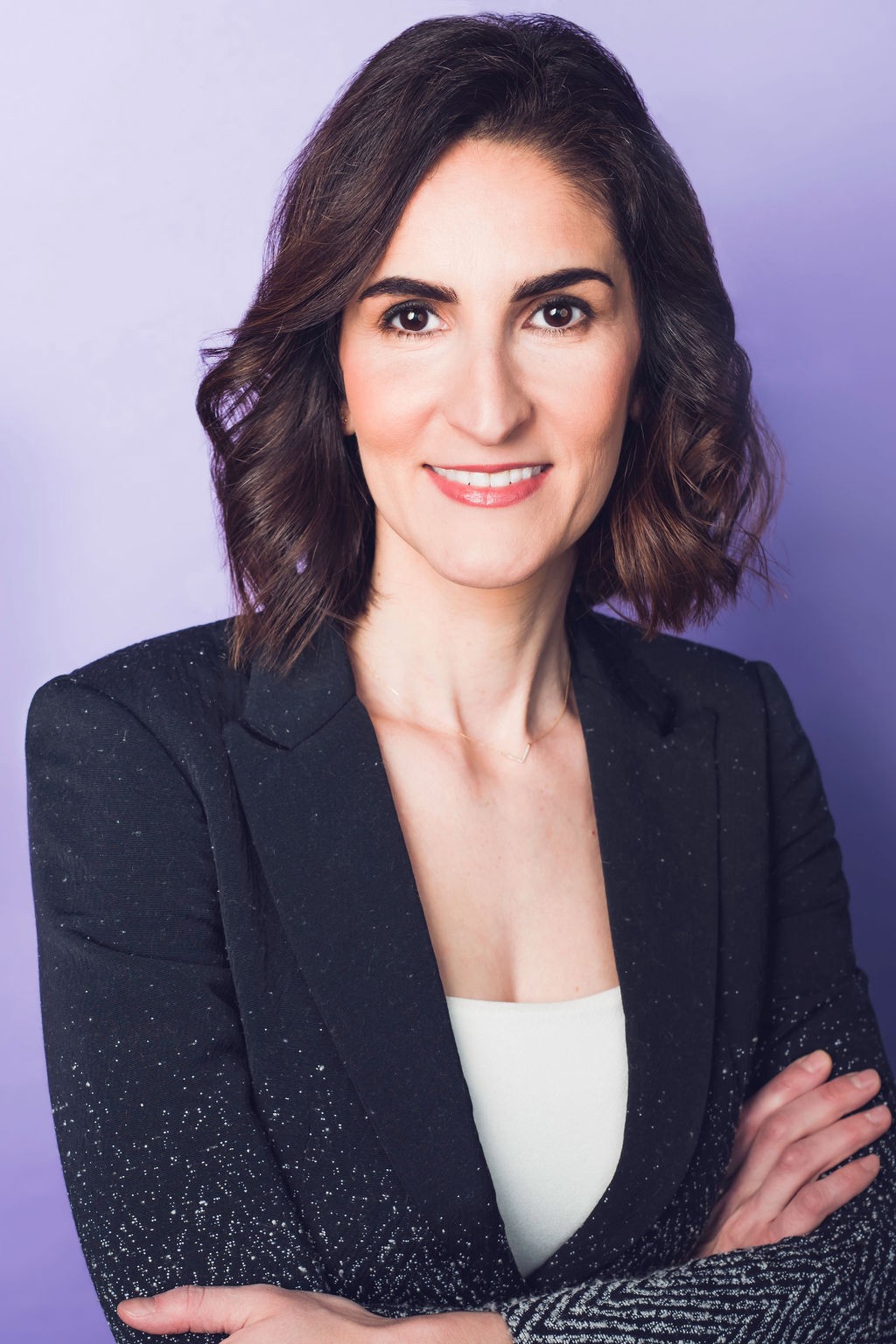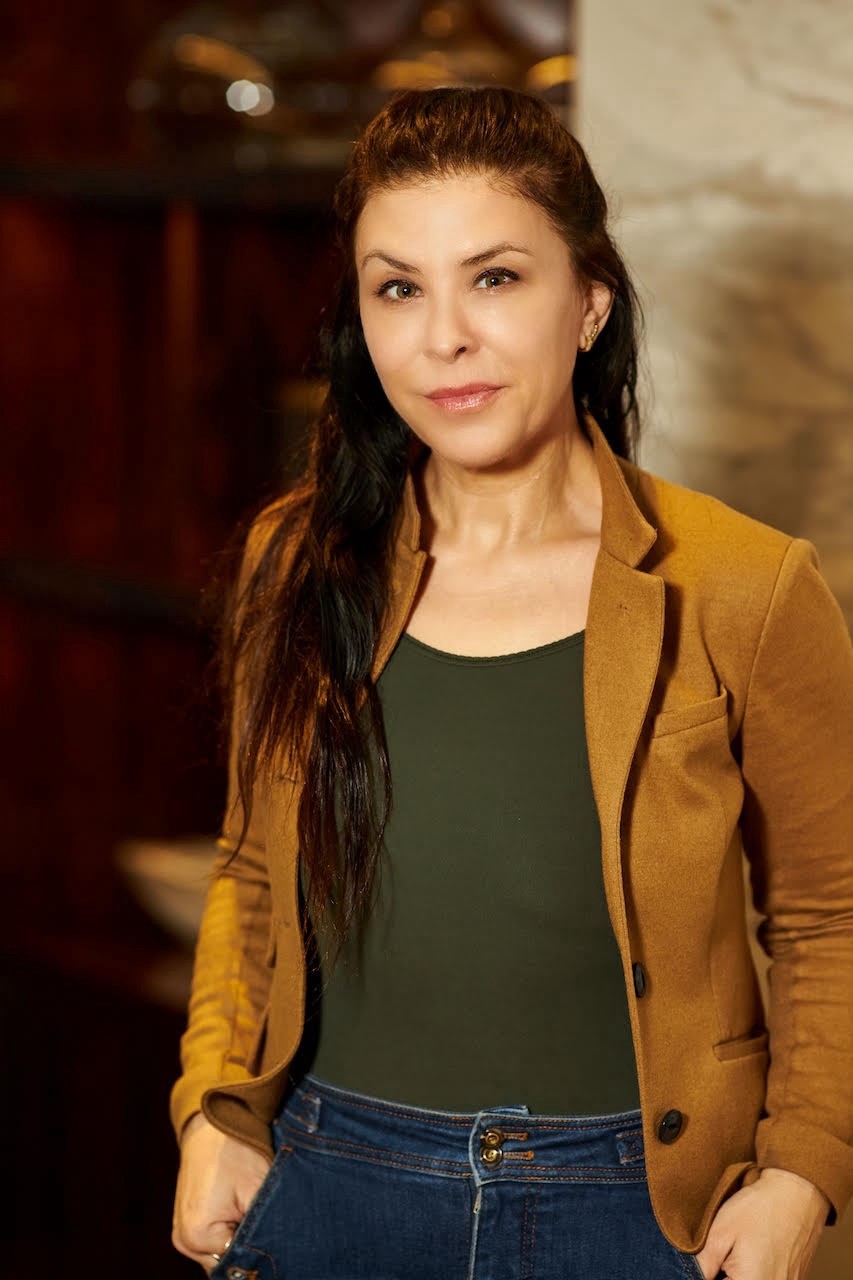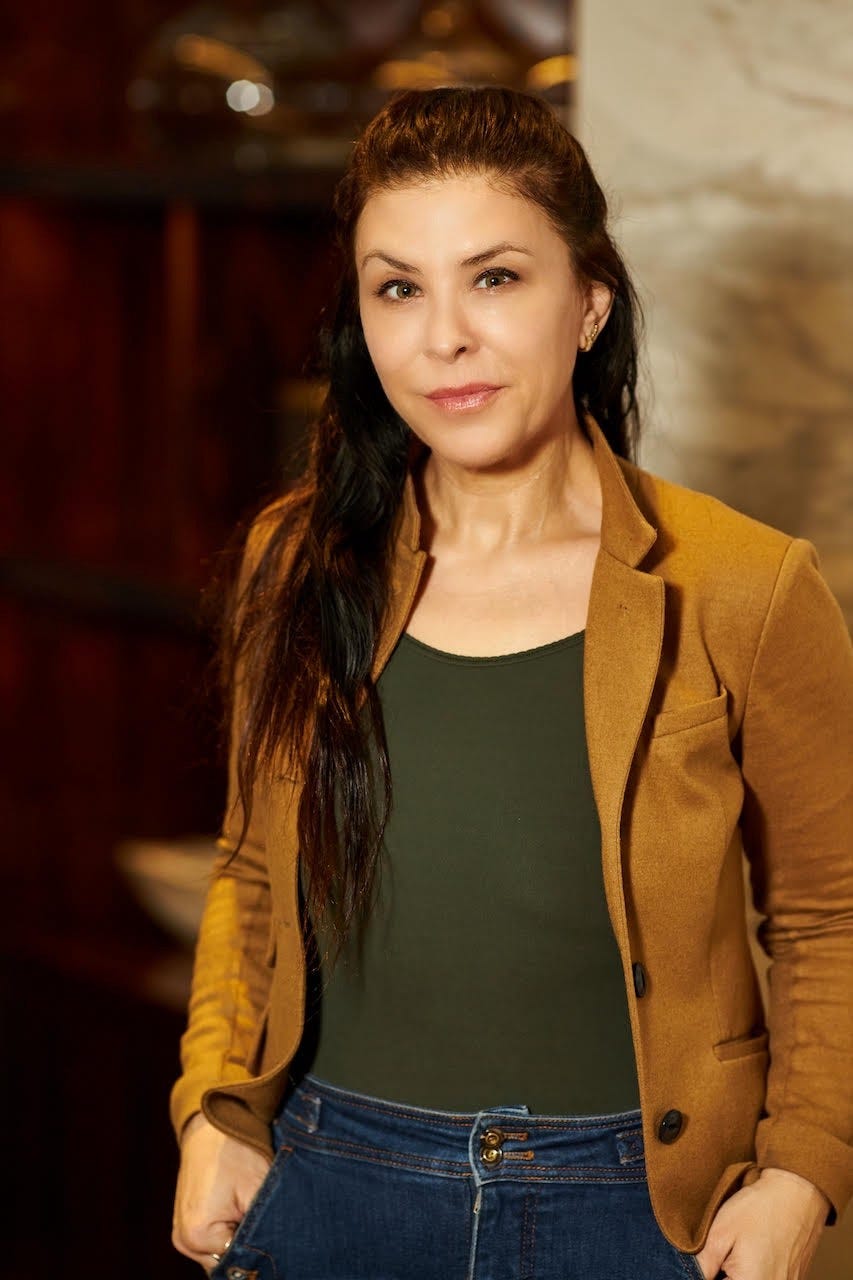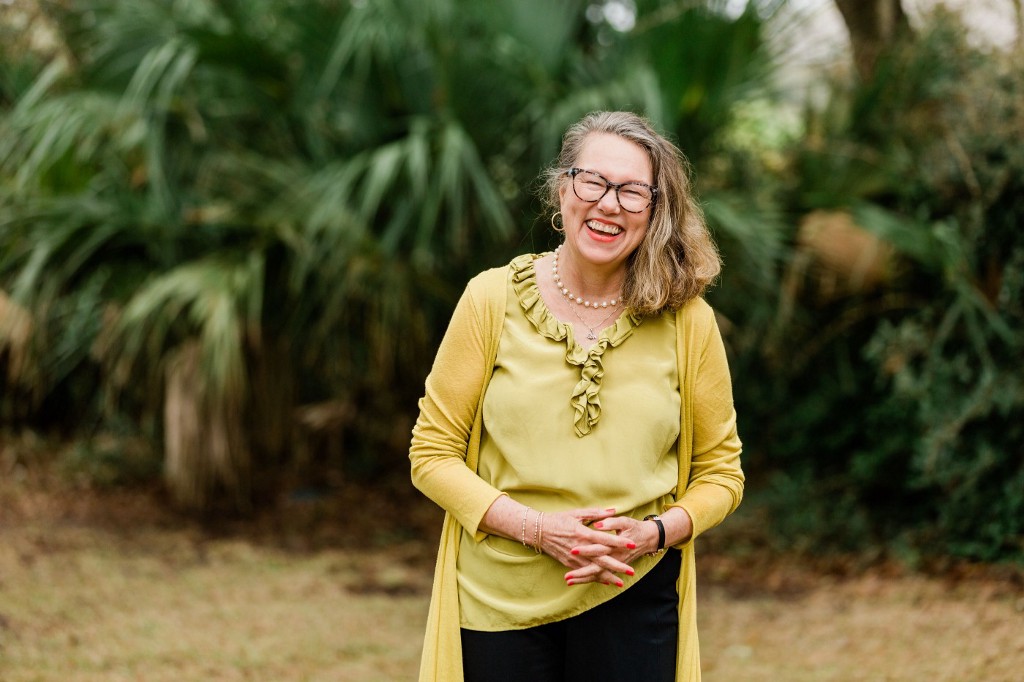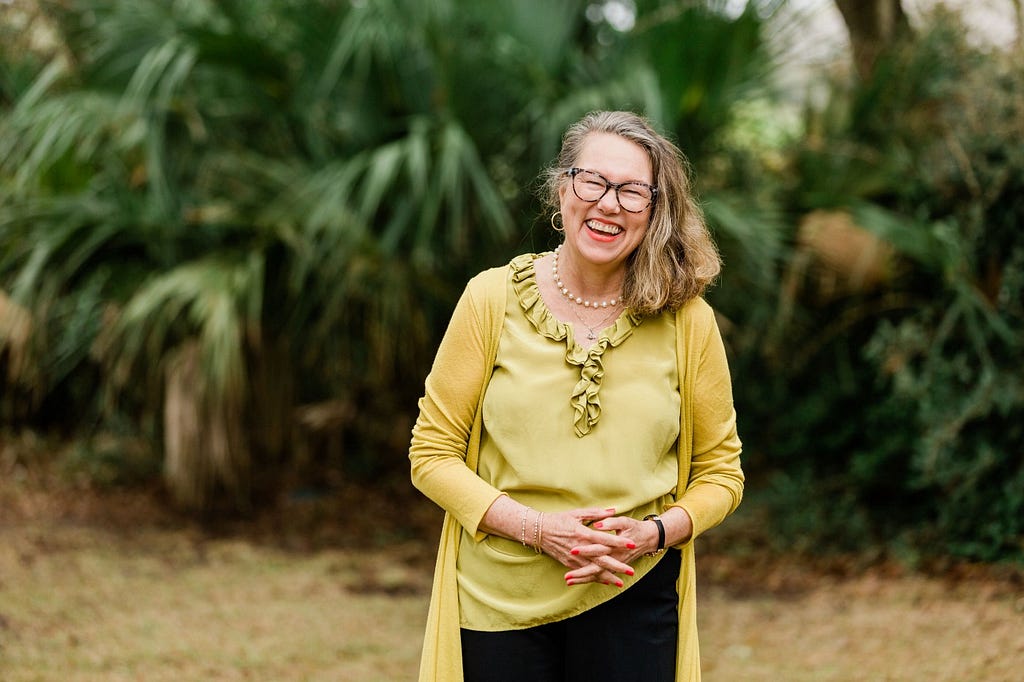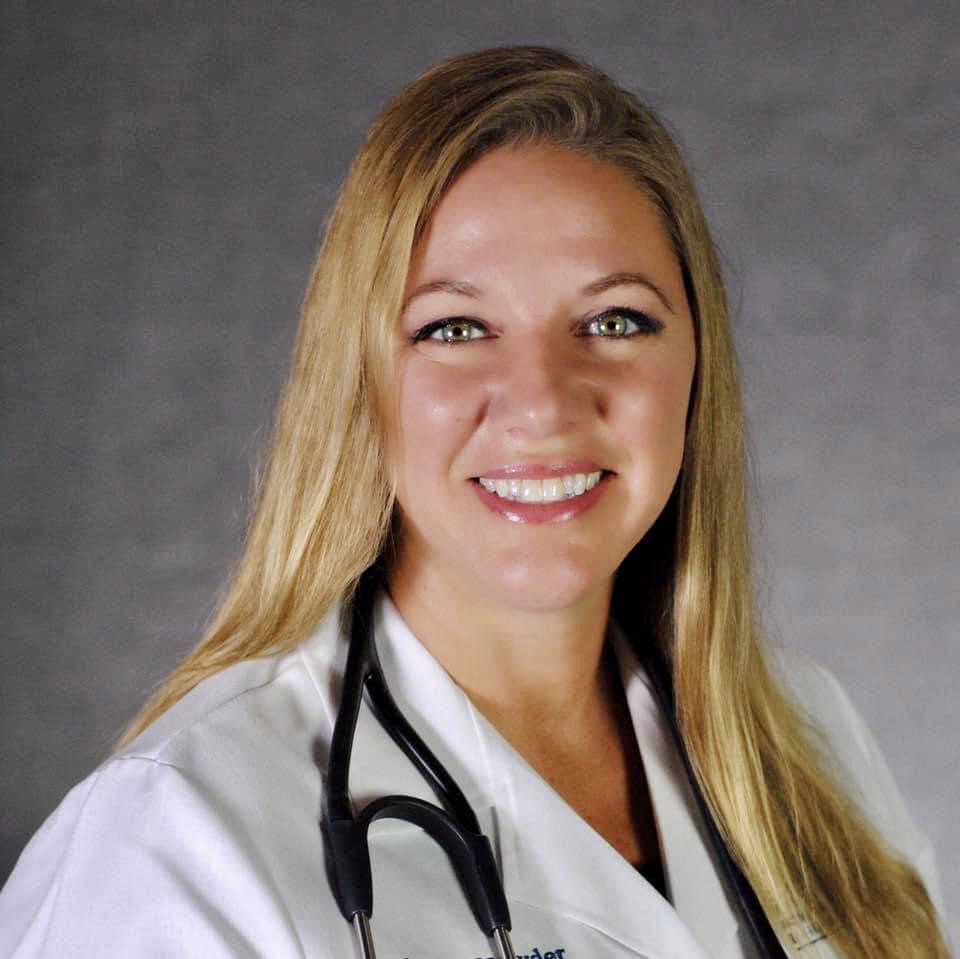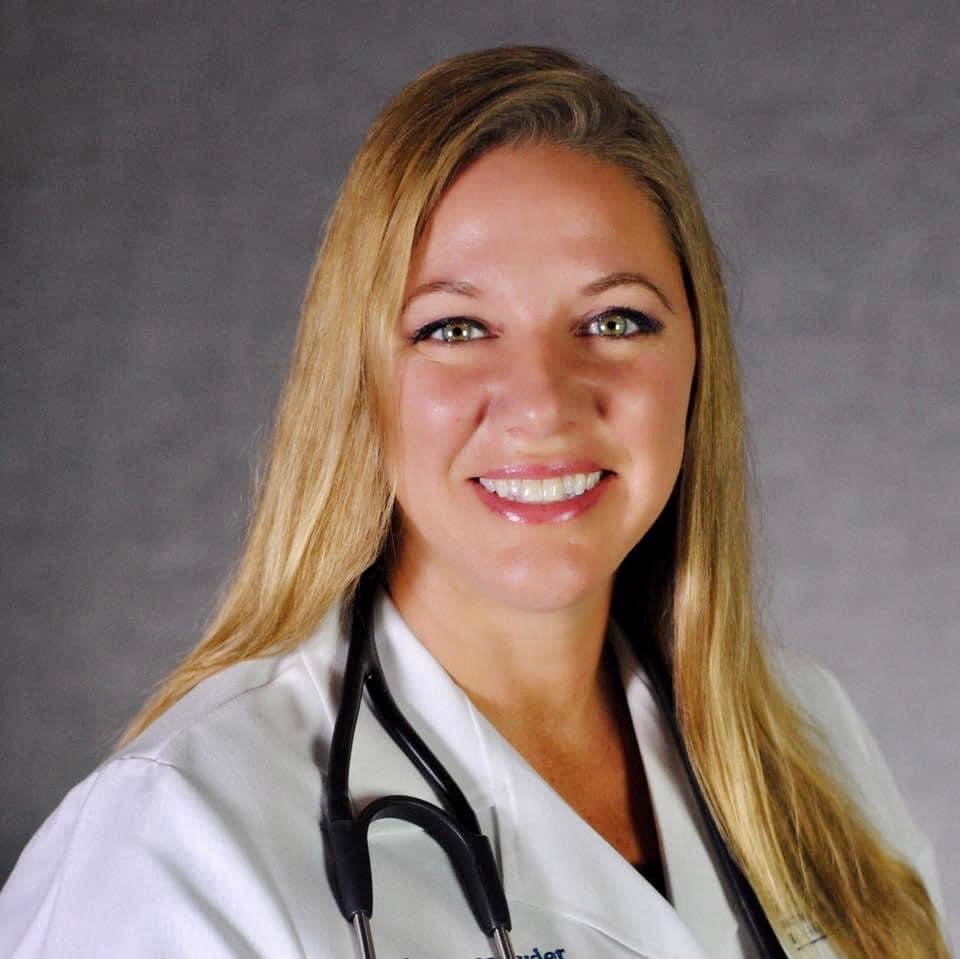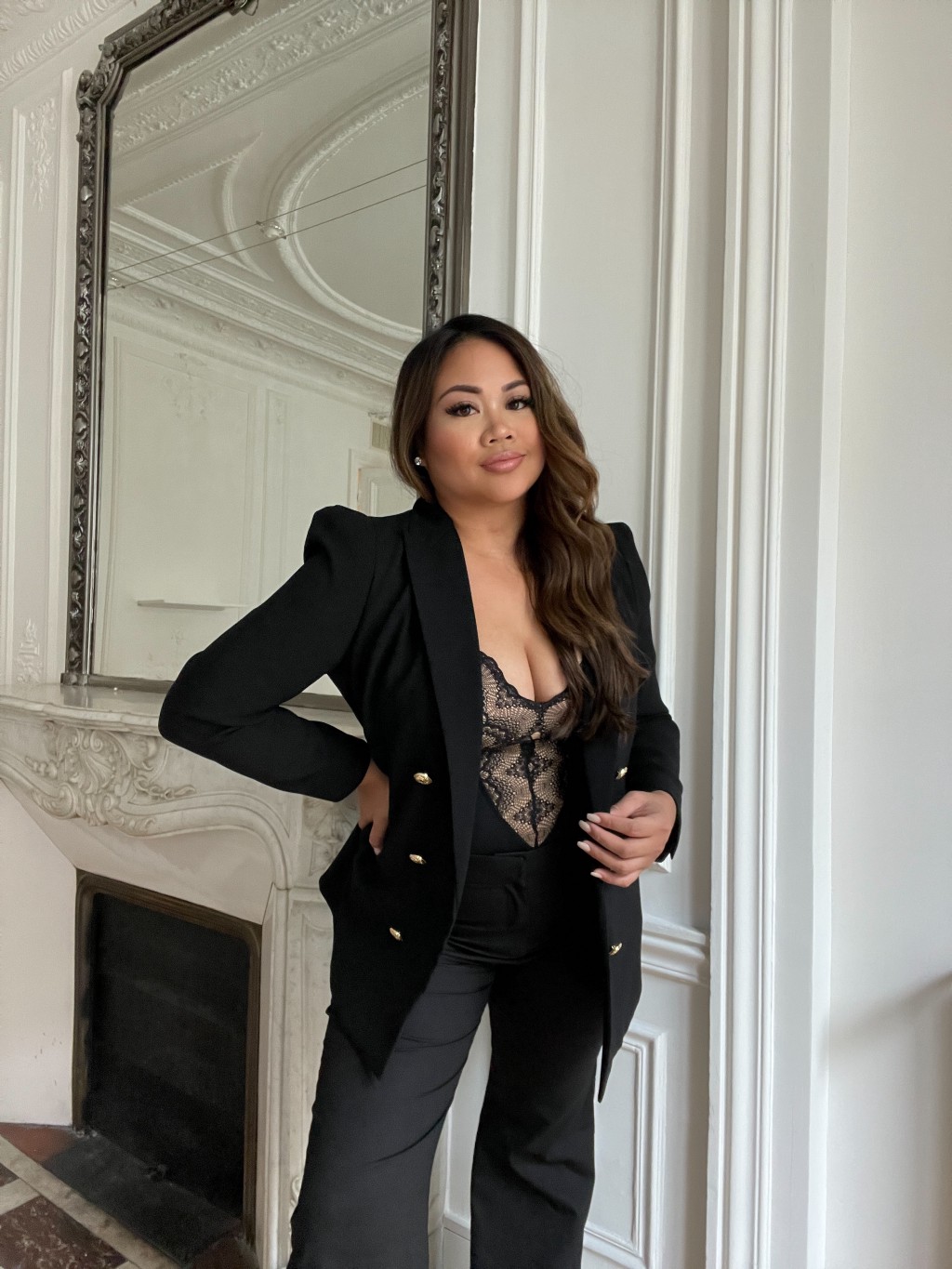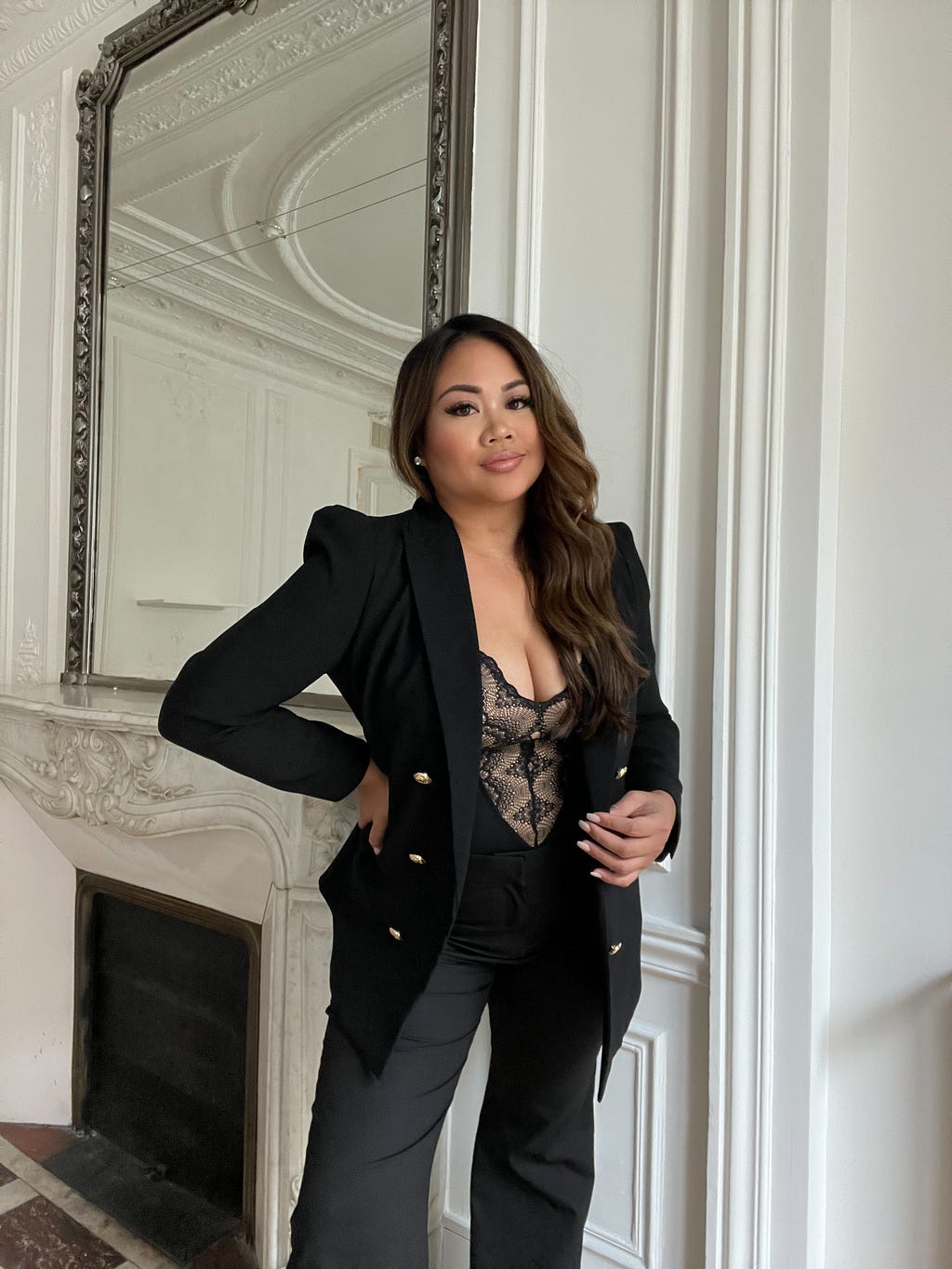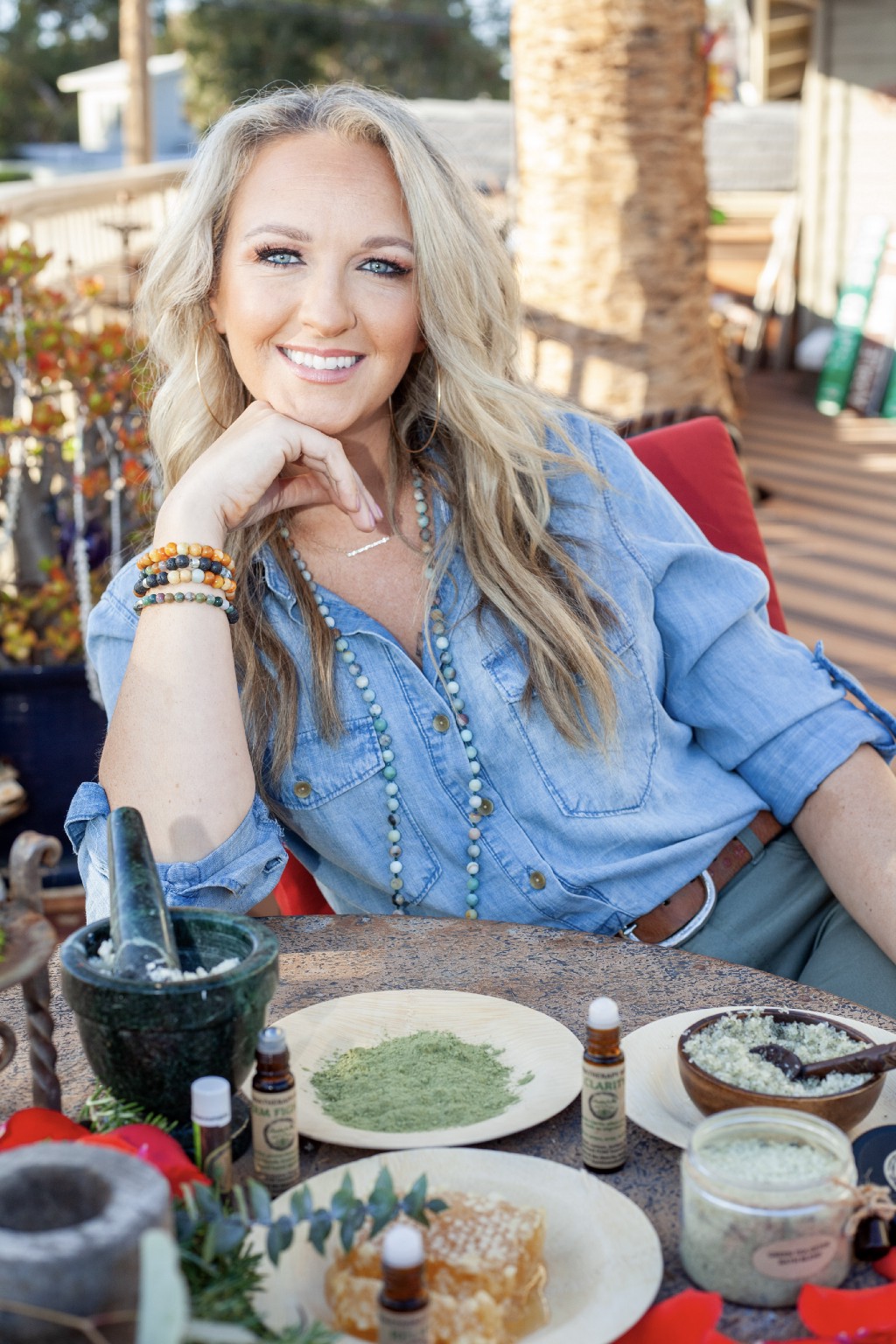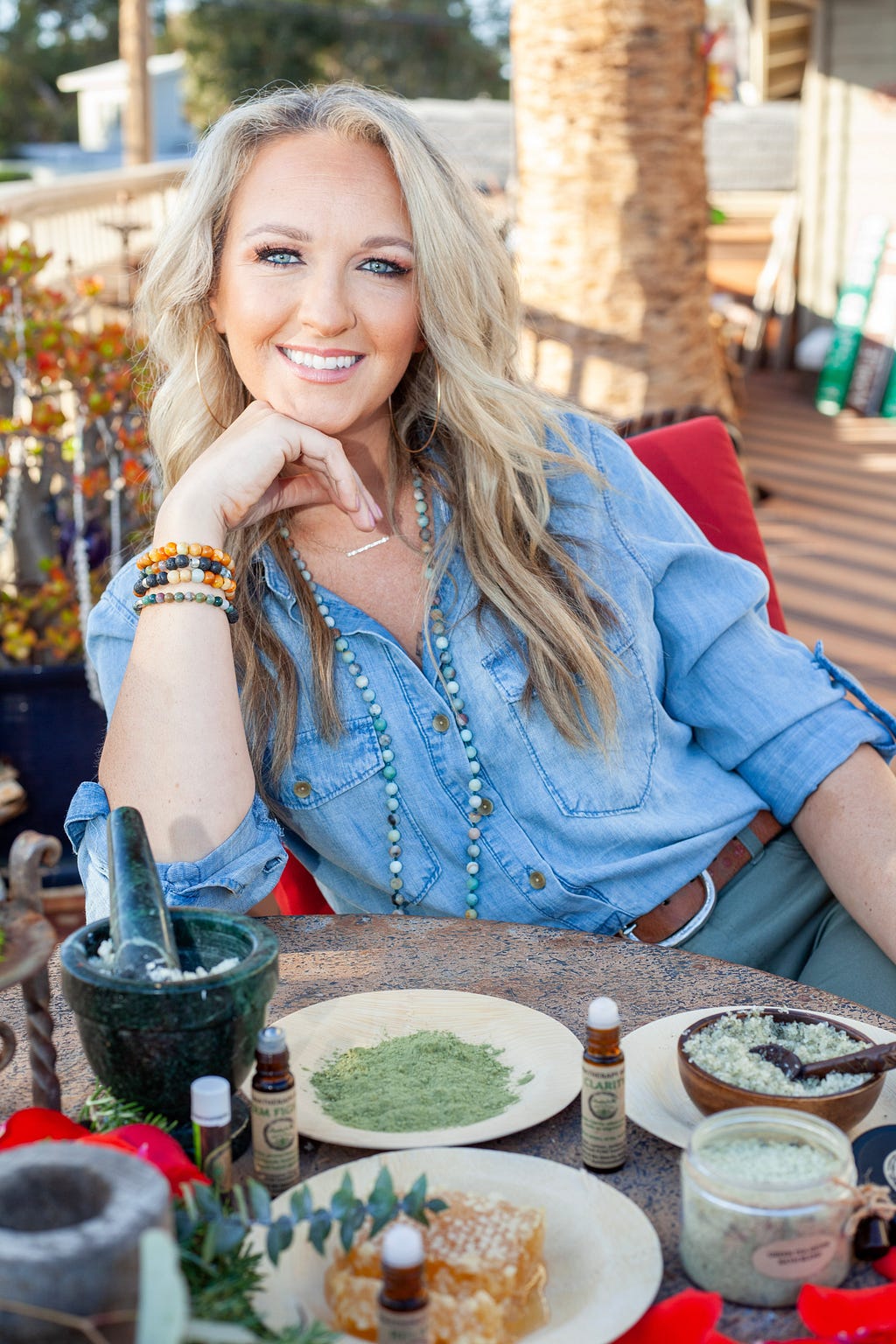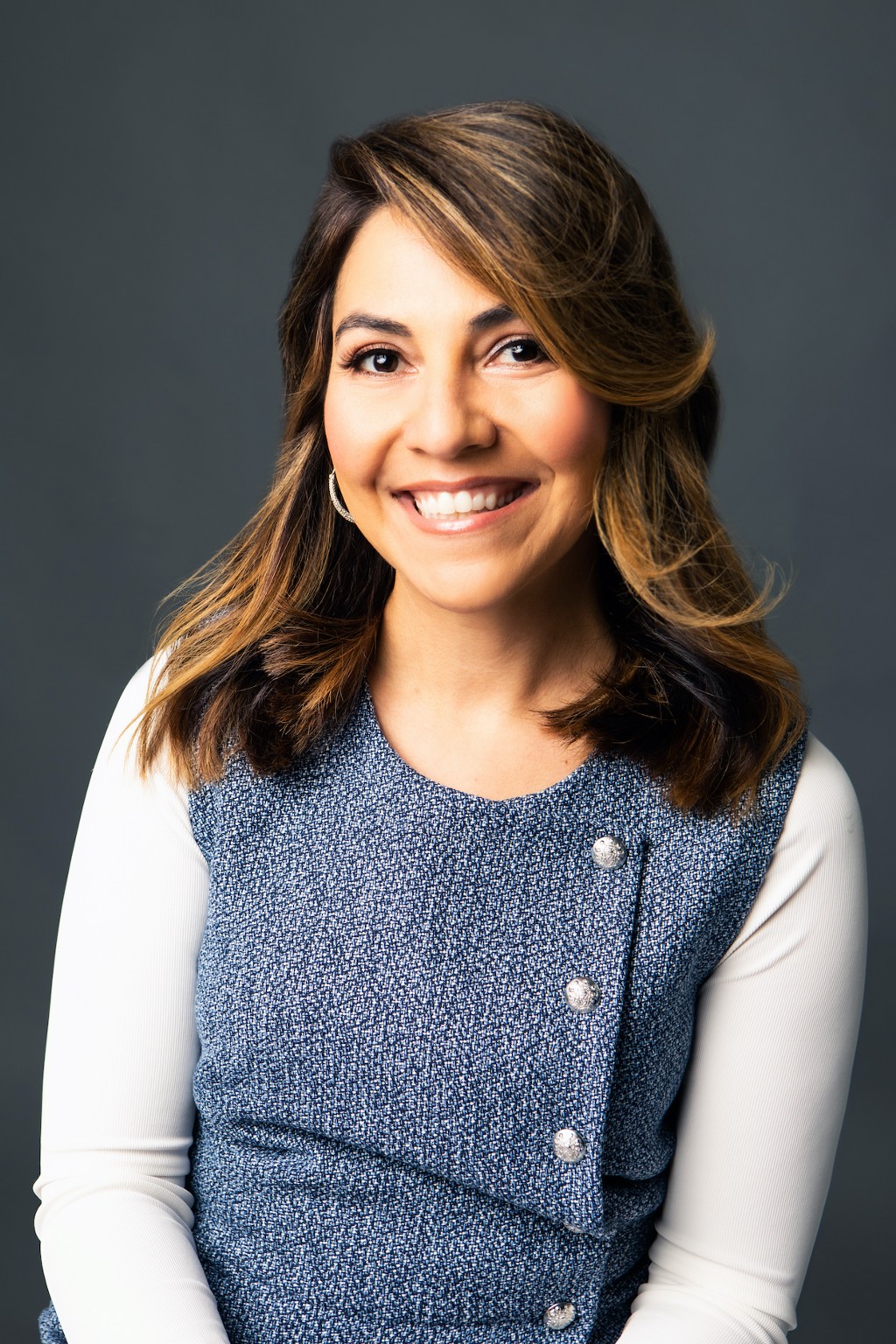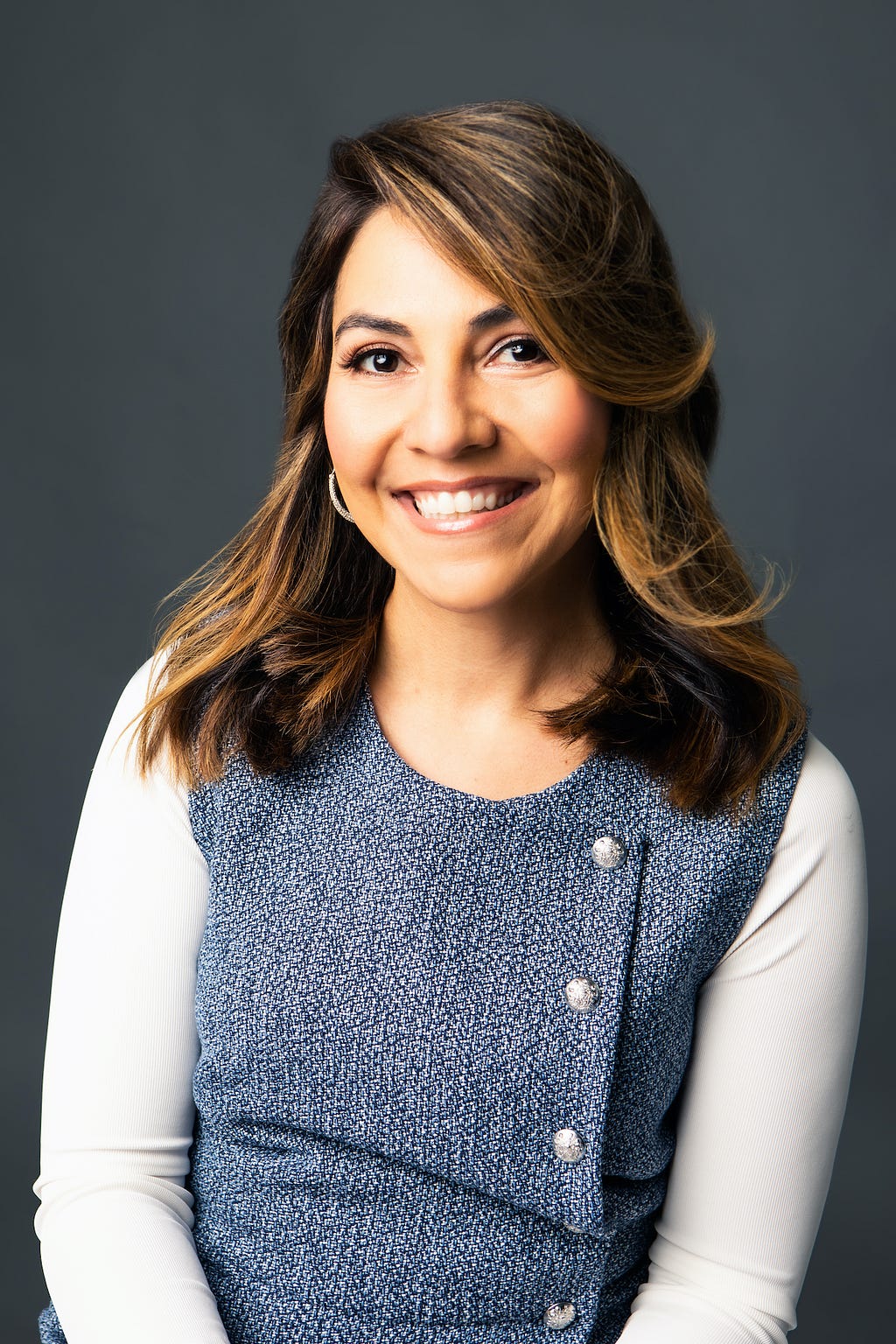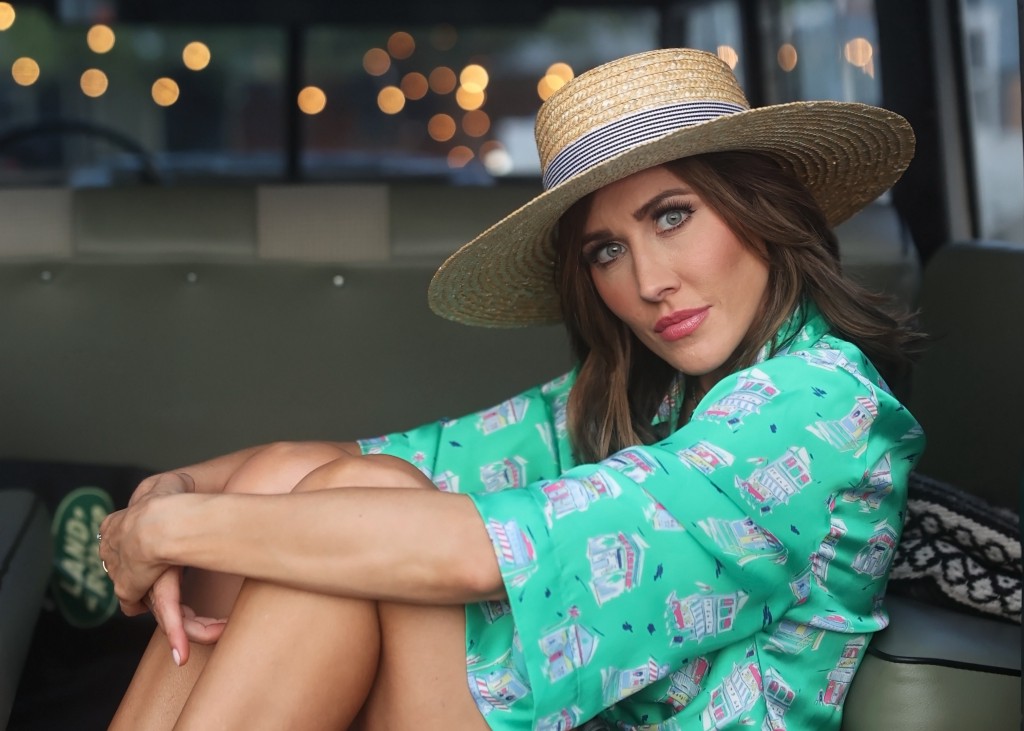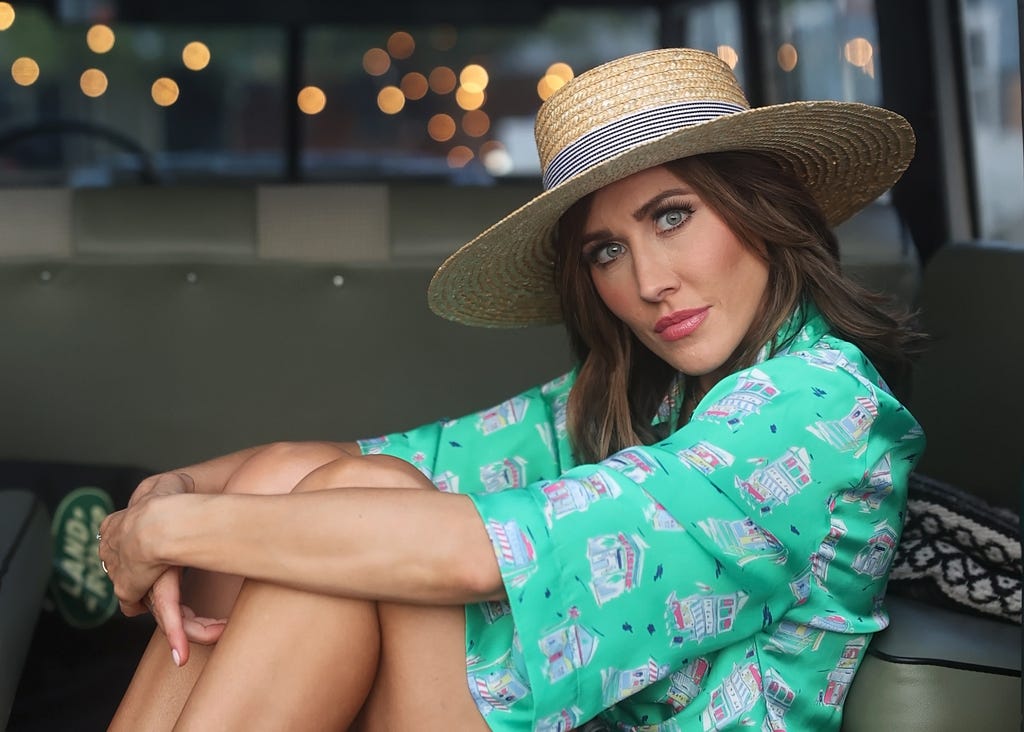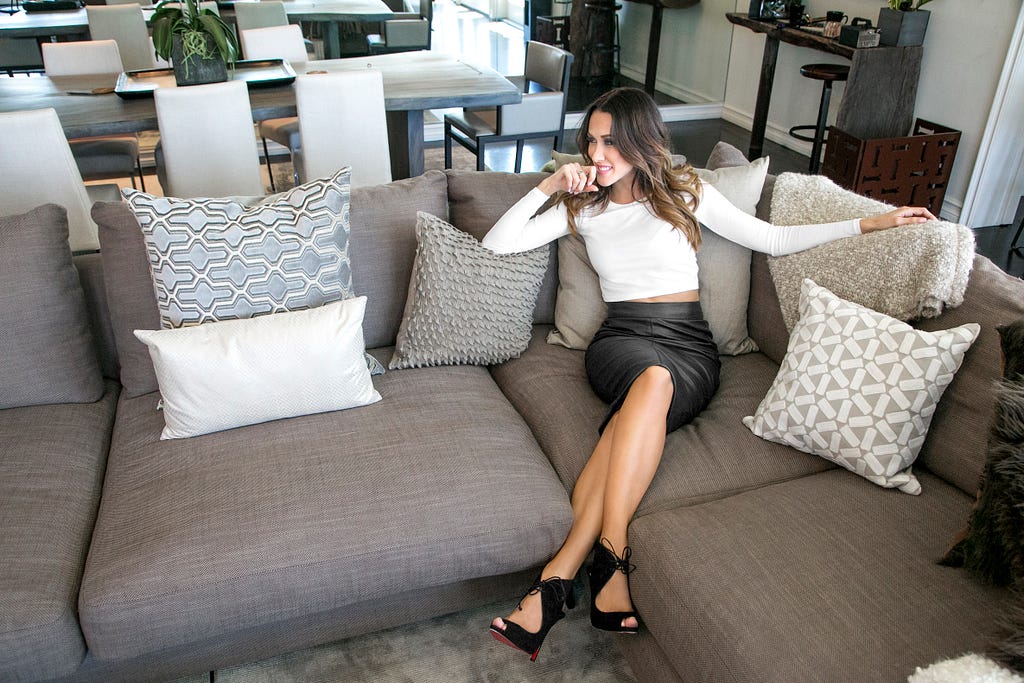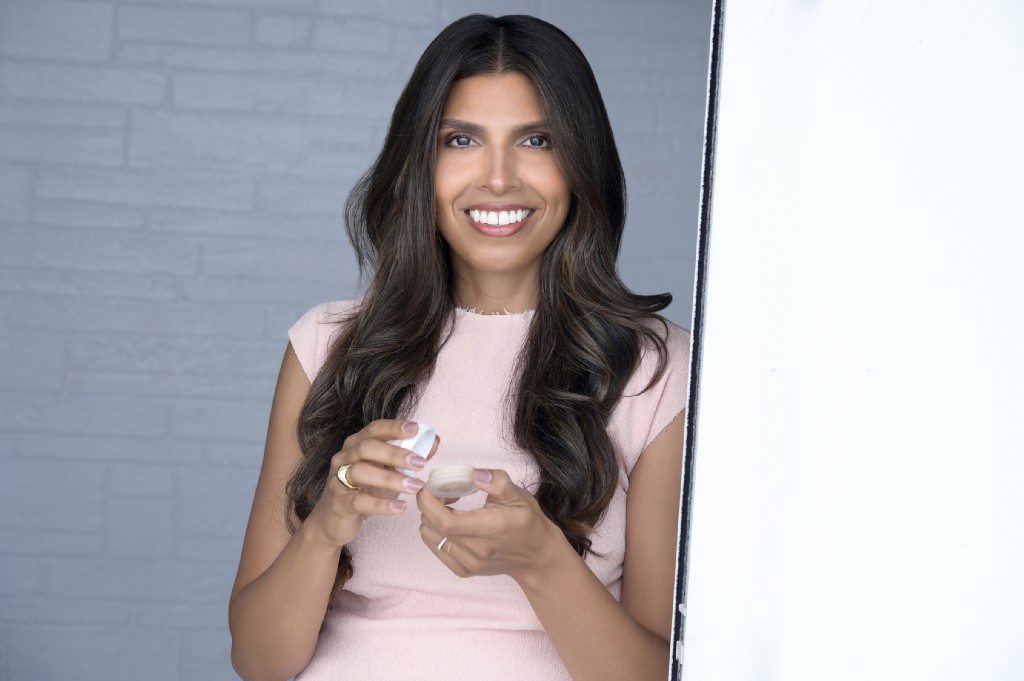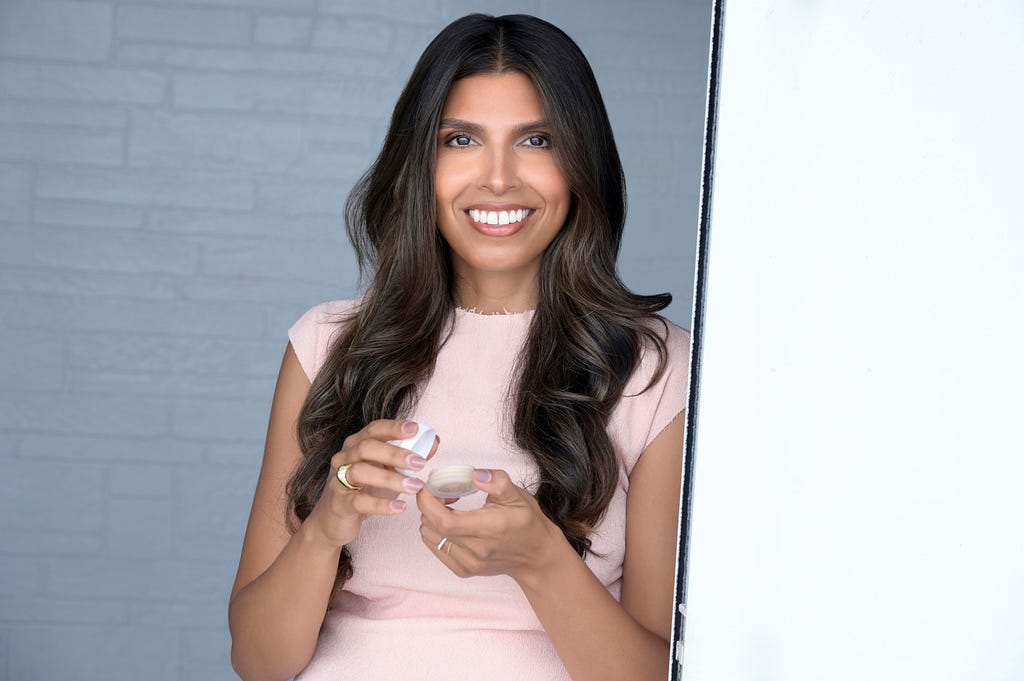Female Founders: Rania Nasis of Super Awesome Care On The Five Things You Need To Thrive and Succeed as a Woman Founder
An Interview With Candice Georgiadis
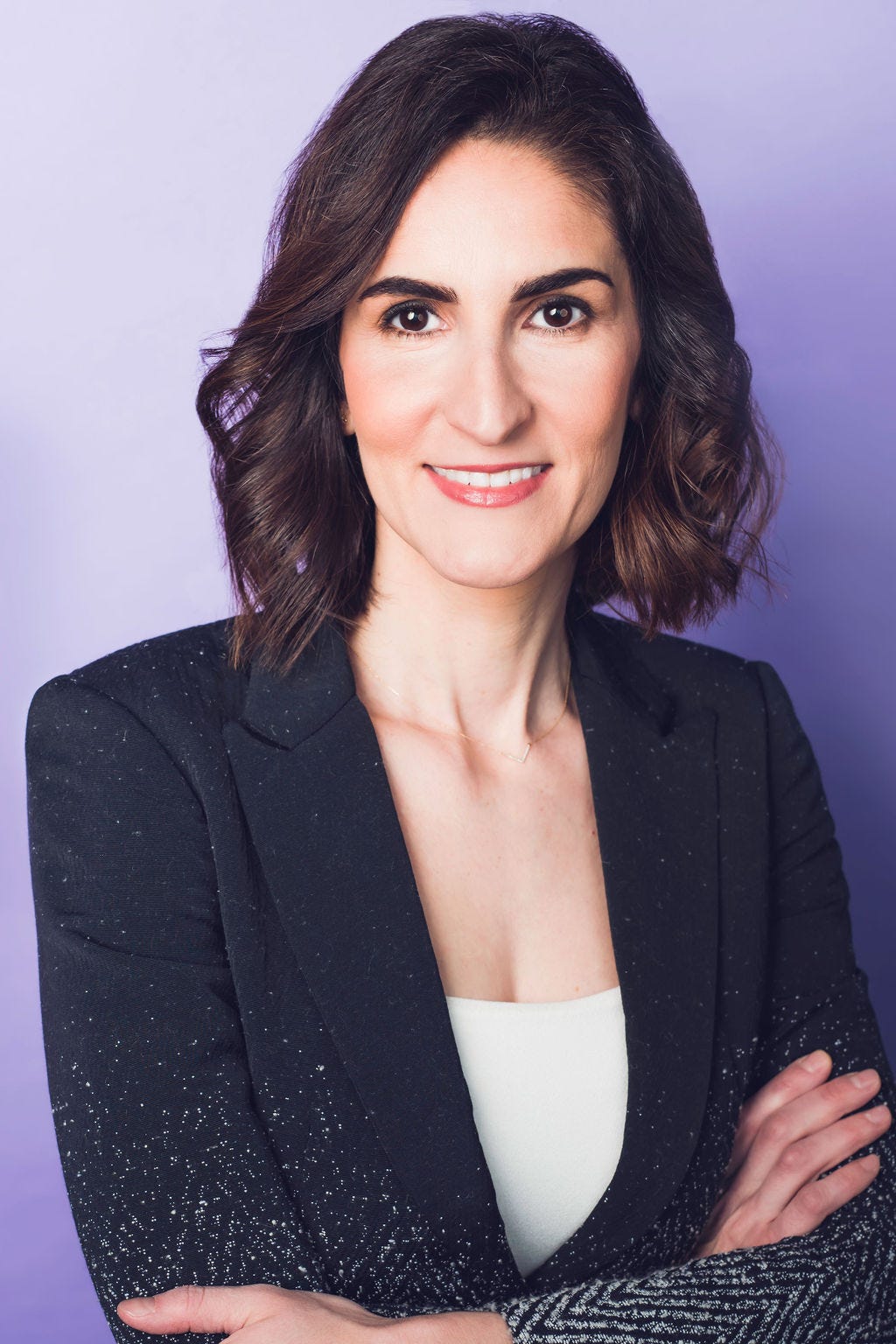
Failure is part of the journey to success. Entrepreneurs tend to be high performers in school or other aspects of life, so failure for them can be quite a blow. And failure can happen for all sorts of reasons, some of which you can control (operations, finding product-market fit, sales, marketing) and others you can’t (regulatory challenges, financial market fluctuations, timing). The important thing is to be constantly learning along the way.
As a part of our series about “Why We Need More Women Founders”, I had the pleasure of interviewing Rania Nasis.
Rania Nasis, MD, MBA is the founder & CEO of Super Awesome Care, a tech-enabled healthcare platform for kids with food allergies and their families. A physician entrepreneur and digital health expert, her mission is to bring the best food allergy care to all families, when and where they need it.
Thank you so much for doing this with us! Before we dig in, our readers would like to get to know you a bit more. Can you tell us a bit about your “backstory”? What led you to this particular career path?
Entrepreneurship is not a typical path for a physician. But I found myself frustrated in medical school about the state of clinical practice. I could foresee the changes that were coming: physicians losing autonomy and essentially becoming the highest paid clerks in the building. Rather than empowering physicians, technology was being used to handcuff them.
I always had a love of business — both my parents were entrepreneurs — and decided I wanted to explore other ways I could use my medical degree to improve healthcare. So, I went to business school immediately upon graduating medical school, and, during my first year, I had the opportunity to take part in UC Irvine’s annual business plan competition. Our startup idea was to target childhood obesity with a wearable that was connected to a social network — though we were way too early. A wearables startup before wearables were even a category! But I was hooked — the notion of starting something from zero to build a solution to a healthcare problem was captivating. I got bit by the startup bug and focused the rest of my career on early-stage healthcare companies.
For my current startup, I was digging into various food reactions that I was experiencing and was appalled by the amount of misinformation out there. As I dug in more, I realized how difficult it was for families trying to navigate their children’s food allergies.
There is a lot of misinformation, misdiagnoses or delayed diagnoses. And after diagnosis, families are often left on their own, beyond maybe a generic pamphlet on how to spot and treat a reaction. It is often up to them to navigate how to go about feeding their child at the next meal and every meal after that. A food allergy diagnosis impacts so many aspects of a family’s life — every meal, birthday party, school event, restaurant outing, travel, camp, sports, etc. Also, a large percentage of kids with food allergies are bullied. There is little support for families. I believe there is a better way through digitally-enabled, family-centric collaborative care that provides — Super Awesome Care — when and where parents need it the most.
Can you share the most interesting story that happened to you since you began leading your company?
Since starting Super Awesome Care, I have been blown away by how many people have “come out” as having food allergies. People I’ve shared many meals with had never before mentioned that they contend with a significant allergy. It really highlighted the stigma that is associated with food allergies — many food allergy sufferers are too embarrassed to mention it in public for fear of ridicule or being a burden. Instead they take the burden entirely on themselves. It reinforces the importance of Super Awesome Care to de-stigmatize food allergies, give families the tools to advocate for their kids — and the education to empower kids to advocate for themselves.
Can you share a story about the funniest mistake you made when you were first starting? Can you tell us what lesson you learned from that?
I was interviewing a consultant for a role once, and he kept mentioning what I heard as his “psychic.” That she was great and we should bring her onto the project. For a science-based organization, this would be a red flag, but my colleagues, who were interviewing with me, were unflinching every time the word was mentioned. As the consultant repeated the word for about the fifth time, I had to jump in and ask him to clarify. It turns out he was saying “sidekick.” He had a thick Scottish accent and I was hearing an entirely different word!
The takeaways from that experience were that, one, I clearly need to spend some time in Scotland, and, two, that being a clear communicator means more than articulating thoughts concisely. It is also vital that we listen deeply. Had my colleagues not been in the room with me, or had I not asked him to clarify what he meant, I might have dismissed a viable candidate out of hand.
None of us are able to achieve success without some help along the way. Is there a particular person who you are grateful towards who helped get you to where you are? Can you share a story about that?
I’ve had so much help and encouragement along the way, and it’s really made a difference.
As I mentioned, entrepreneurship was not really on my radar when looking at career choices. Early on, there were two people who were instrumental in giving me the confidence to go into the startup world, Goran Matijasevic and Luis Vasquez. Goran taught entrepreneurship within the engineering school at UC Irvine, and I was lucky enough to have him as a coach for my first startup in UC Irvine’s annual business plan competition. He helped give me the confidence to pitch our idea and we ended up coming in second place. Luis ran the LaunchPad accelerator at OCTANe, a convening organization for technology and medical technology businesses in Southern California, and believed in me early on. He helped us refine our pitch in preparation for investor meetings. Goran and Luis were incredibly generous with their time and provided so much helpful advice. And they have been in my corner ever since. I don’t think I would have latched onto startups as strongly as I did were it not for their encouragement early on.
Another person that has been a tremendous mentor to me is Jeffrey Hausfeld, MD, MBA, the founder and Chairman of the Board of the Society of Physicians Entrepreneurs and a serial entrepreneur himself. Jeff is an exemplar of how to combine medical expertise with business savvy and entrepreneurial spirit. He’s been an inspiration throughout my career.
Ok, thank you for that. Let’s now jump to the primary focus of our interview. According to this EY report, only about 20 percent of funded companies have women founders. This reflects great historical progress, but it also shows that more work still has to be done to empower women to create companies. In your opinion and experience what is currently holding back women from founding companies?
It’s both a systems problem and a supply problem. Thankfully, I see both improving rapidly.
On the system side, venture capital has historically been dominated by white males from Ivy League schools. Just as many employees of successful startups went on to found startups of their own, so too, were VCs generated from the same small group of people. You hire who you know, so the pool of candidates was pretty homogeneous. One major downside of that is that a large part of VC investing is emotional — they are picking companies based on a belief that it could, five to seven years down the line, become something big. One tends to invest in things they can understand or can relate to.
That of course means the most likely companies funded were often addressing problems white guys from Stanford and Harvard could understand. That’s why for the longest time women’s health was considered a “niche” industry. Women are half of the population, have more healthcare needs and make the majority of healthcare decisions in American households, including pediatric care, care of our spouses and elderly parents’ care. But companies addressing our issues were not being funded. It can be discouraging to start a company if you think your chances of being funded are slim to none.
Luckily the landscape is changing, in part because more successful entrepreneurs have moved into venture capital and brought more diverse teams with them. As more companies received funding, there were more successful exits with females in founding or senior roles, further validating additional investment in women-led companies. Now, there are several self-made women billionaires, and VC firms are starting to pay more attention to the value diverse teams bring. In the last few years, there has been a tremendous increase in the number of emerging VC managers who are female, thanks in some part to programs like the Kaufmann Fellows.
Next, there was always a supply problem. The 20% number doesn’t tell the whole story. There are far fewer women entrepreneurs seeking funding than men. One of the things I often notice is that women are risk averse, or perceive startups to be riskier than they actually are to one’s career. Men figured out that startup failure was progress long ago, with many of today’s successful entrepreneurs having multiple failed startups in their past — and in a counterintuitive turn, their investors continued to fund their subsequent companies even after they lost money in those earlier startups. So even if it doesn’t work out (which it doesn’t 95% of the time), if you give it your all, you’ll still come out ahead. There is a tendency for women to think failure is the end, when it is often just a stop along the way to success. The fear of failure often holds many women back.
While there are now plenty of cheerleaders for women entrepreneurs, what we need are more coaches. Women need other leaders (men and women) to give honest critical feedback and guide women on the path to entrepreneurial success.
Women may have started from behind, but I’m optimistic that we’re going to catch up faster than expected. Just in the course of my career in the startup world, we’ve seen a jump from single-digit funding to 20%, and we’re just getting started. Women already outnumber men in college (60% versus 40%) and just recently it was reported that young women are out-earning men in multiple U.S. cities. I have faith that Gen Z will get us much closer to parity.
Can you help articulate a few things that can be done as individuals, as a society, or by the government, to help overcome those obstacles?
I would love to see more exposure to entrepreneurship starting at an earlier age. I read a statistic that 80% of female entrepreneurs were Girl Scouts at some point — I suspect this is because the Girl Scouts exposes young girls to entrepreneurship early and sets them up for success with a great product (who doesn’t love Girl Scout cookies?). Girls and young women could benefit from more exposure like that, perhaps startup fairs or competitions for grade schoolers and high school students. The exercise of coming up with an idea, creating a story or pitch around it and sharing it with others is very impactful. And doing it at a young age in safe environments would ensure positive experiences focused on encouragement (versus some very negative experiences being rejected by VCs). Continuing this in college is key. The more exposure girls and young women have to entrepreneurship, the more achievable it starts to feel.
Also, as a society, let’s cool it with the gleeful, highly publicized takedowns of female entrepreneurs. The media “celebrate” female empowerment but are ruthless and personal when things go wrong. The implication is that any trouble in a female-led startup is 100% her fault. When a guy is at the helm, all sorts of excuses are made, with only part of the blame going to the male lead. Men get coaching to improve and often get many chances, women are shown the door. While women are capable of fraud too, Theranos being a glaring example, in many cases failure at a woman-led company is really a failure of coaching and support during a very stressful journey.
This might be intuitive to you as a woman founder but I think it will be helpful to spell this out. Can you share a few reasons why more women should become founders?
We need more founders, period. Startups contribute the most needed changes to our world. The more smart people we have starting companies, the better off the whole world would be. Looking at the past two years of the pandemic, most of the tools we used to get by were created by startups — Macbooks, Zoom, meal and grocery delivery, everything from Amazon, and the mRNA vaccines were started by a small number of entrepreneurs. Imagine if we had ten times the number of founders working on the world’s problems!
Because women have a different perspective, different needs and different experiences than men, it is important that we build companies that speak to our considerations. We’re not homogenous, but a lot of companies are started to solve the founder’s problem, and in our case those problems are often shared by millions of others. Especially in industries like healthcare, child care and elder care, we need more women building because we have unique insights and challenges in those areas.
Sara Blakely started Spanx to solve a problem she understood better than any man. Whitney Wolfe Herd, helped make Tinder a success but realized women wanted something different and then built Bumble. Both became self-made billionaires in the process.
On the other hand, there are problems that are not unique to women but women might have a special skill or perspective to solve them. Is there a problem that nags you? Start a company to solve it. Ask yourself, what do you really have to lose?
What are the “myths” that you would like to dispel about being a founder? Can you explain what you mean?
That you have to have it all figured out. You just have to be the type of person who can figure things out. Almost everything is solvable, but you don’t need to have solved everything to start. Not to mention, if you think you have it all figured out on Day One, you will 100% be wrong, because it never goes according to plan. So many companies start off in a completely different direction than where they end up. You just have to keep an open mind, pushing doggedly to find that product-market fit and adapt as needed.
Another myth is that someone has to look like you to be an inspiration or a mentor. The majority of the challenges an entrepreneur will face are consistent across the board, regardless of whether that person is a man or a woman. I mentioned earlier that we have a lot of cheerleaders, but we need more coaches. That means expanding the field and not limiting it to only women coaches and mentors.
Is everyone cut out to be a founder? In your opinion, which specific traits increase the likelihood that a person will be a successful founder and what type of person should perhaps seek a “regular job” as an employee? Can you explain what you mean?
I find most successful founders are decisive, resilient and not risk-averse. It’s a journey with many twists and turns, and you have to be able to make quick decisions — and then change them if you’re wrong. Founders also tend to be highly disagreeable in the sense that they will speak up and voice their opinions when they see something wrong. They won’t keep quiet just to keep the peace. They are not afraid of conflict, and they don’t shy from it. And of course, they must be willing to take risks.
If someone is very risk-averse or conflict avoidant, the startup life may be more of a challenge. However, there are no absolute rules in entrepreneurship: one can still be successful even if they have these traits. Finding a strong co-founder who complements your traits can be one path forward.
Ok super. Here is the main question of our interview. What are your “5 Things I Wish Someone Told Me Before I Started” and why? (Please share a story or example for each.)
- Become an expert at prioritizing and delegating. As a founder, everything lands on your desk. It is easy to get bogged down checking off tasks, while getting hardly anything meaningful done. Time is your most limited resource, so constantly ask yourself if you need to be doing the thing you’re working on. Can you delegate it to someone else on your team or hire an executive assistant? Your job is to move the needle on your company’s progress, so view what you’re working on through that lens. In a month from now or a year from now, will this matter? The other advice I would give here is that if something is incredibly mentally draining for you (like writing, organizing receipts, spreadsheets), find someone to outsource it to. Even if the tasks only take a short amount of time, it can feel like it takes a lot longer and drains our energy.
- Make time to learn about things unrelated to your startup. Read about what others are doing. It is all too easy to focus on the particular problem you’re solving for, but I find inspiration comes from multiple different sources. There is no shortage of great content: books, podcasts, Substacks, Medium and curated lists. Marginal revolution is one of my favorites — Tyler Cowen and Alex Tabarrok are fantastic at curating interesting topics and provide exposure to a wide array of topics. And Out-of-Pocket is one of my favorite healthcare blogs.
- Actively cultivate your network. Entrepreneurship is very much about your network. It is how you find opportunities, co-founders, key hires, mentors, advisors, investors, etc. It takes work to maintain, but it pays off dividends.
- Hiring (and firing) is one of your most important tasks. The old adage “hire slowly and fire quickly” constantly proves itself to be true. When you have the right team in place and everything is firing on all cylinders it can be a great feeling. But just one person out of place, and everything can fall apart. You want to hire the best people you can find and you want to make sure you hire amazing people for them to work with. Someone can be incredibly bright and talented and check all the right boxes and still not be suited to your particular startup. It can be time-consuming and tedious, but you are better off holding out for a great candidate versus the OK one who happens to be in front of you. Don’t make great people work with someone who isn’t cutting it — it’s the fastest way to destroy morale and burn your people out. And leverage your network. The best referrals usually come from people you know.
- Failure is part of the journey to success. Entrepreneurs tend to be high performers in school or other aspects of life, so failure for them can be quite a blow. And failure can happen for all sorts of reasons, some of which you can control (operations, finding product-market fit, sales, marketing) and others you can’t (regulatory challenges, financial market fluctuations, timing). The important thing is to be constantly learning along the way.
How have you used your success to make the world a better place?
As I mentioned before, we have plenty of cheerleaders, but not enough coaches. I am doing my small part to fix that problem by mentoring aspiring entrepreneurs and by advising founders. The work is personally gratifying, but it is also incredible to watch a person’s journey from, essentially philosopher — someone who has an idea for a solution, to inventor and all the way through to business leader.
I sit on the board of the Society of Physician Entrepreneurs, a non-profit global biomedical and healthcare innovation network, which helps physicians do what I have done. As I said, the more founders we have, the better. I hope that by encouraging others to take the leap and solve the problems that they’re passionate about will lead to real, lasting and meaningful changes.
You are a person of great influence. If you could inspire a movement that would bring the most amount of good for the greatest number of people, what would that be? You never know what your idea can trigger.
The impact of social isolation on people’s health is stunning. Pre-pandemic, and more so during the pandemic, it has become glaringly important that we learn to rebuild community and reprioritize social connections, for happiness and for health. There are startups in this space doing great work in bringing people together, both in person and online, but this is an area deserving of more attention and resources from both a societal and healthcare perspective.
We are very blessed that some very prominent names in Business, VC funding, Sports, and Entertainment read this column. Is there a person in the world, or in the US with whom you would love to have a private breakfast or lunch with, and why? He or she might just see this if we tag them.
Elon Musk. The strongest evidence that we’re in a simulation is the existence of Elon Musk ;). It’s hard to believe one person can go so deep in so many different industries, and still have time to share silly memes. While there are other serial entrepreneurs, they tend to stick with one industry. He’s disrupted entirely unrelated ones, like finance (PayPal), automotive (Tesla) and space (SpaceX). People say he’s the real life Iron Man, but he makes Iron Man look like a slacker. He’s willing to go to bat for what he believes, and doesn’t blink at taking on daunting challenges. It doesn’t always work out — failure is still progress — but he is relentless and excels at attracting brilliant people to build with him.
Thank you for these fantastic insights. We greatly appreciate the time you spent on this
Female Founders: Rania Nasis of Super Awesome Care On The Five Things You Need To Thrive and… was originally published in Authority Magazine on Medium, where people are continuing the conversation by highlighting and responding to this story.


